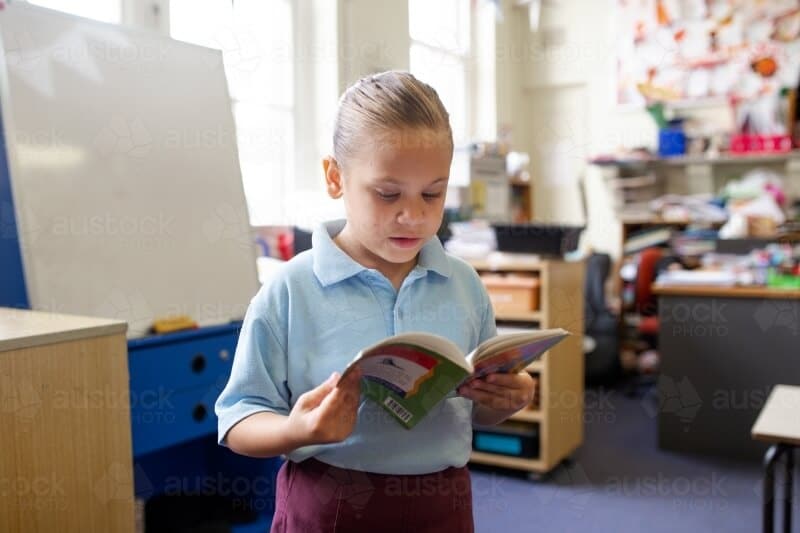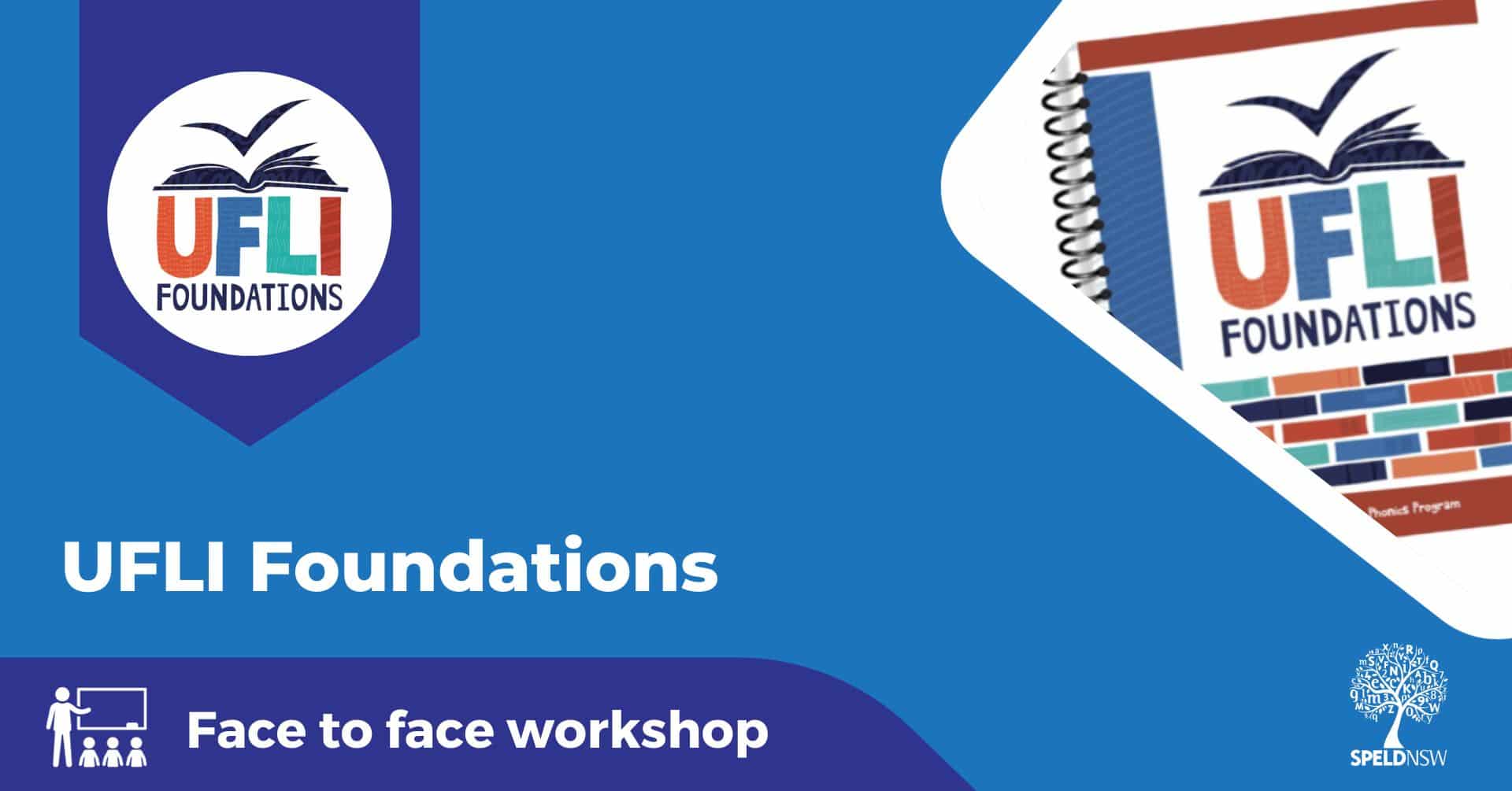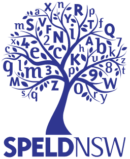What the English K-2 Syllabus Looks Like in the Classroom
What the English K-2 Syllabus Looks Like in the Classroom: Understanding Key Concepts and Outcomes
Learn about the core terminology and concepts of the new NSW English K-2 Syllabus and how to interpret stage outcomes in K-2.
What is this course about?
In this 1-day professional learning workshop you will learn about the core terminology and concepts of the new NSW English K-2 Syllabus. Through a range of practical and hands-on activities teachers build their confidence and professional knowledge of the content in reading and spelling. We will also understand how to interpret stage outcomes in K-2 and what strategies can be implemented in the classroom to support students in achieving those outcomes.
Why should I do this course?
If you are a teacher of students in K-2 and you are looking for strategies to help you teach cores skills of reading and spelling in the new NSW English K-2 syllabus, then this is the course for you!
Who should do this course?
- K-2 classroom teachers
- Early career teachers who are keen to build their understanding of terminology and concepts of the new syllabus
- Leaders seeking to understand how to best support the implementation of the new syllabus
- Learning support teachers and interventionists looking to support students in those early reading skills
What will I get from this course?
- A bank of activities to take away and try in your classroom!
- A guide to terminology and concepts
- Take-away resources for you to keep building your own knowledge


NESA Accreditation
This course is accredited with NESA
Completing What the English K-2 Syllabus Looks like in the Classroom will contribute 5 hours and 30 minutes of NSW Education Standards Authority (NESA) Accredited PD in the priority area of Delivery and Assessment of NSW Curriculum/EYLF addressing Standard Descriptor(s) 2.1.2, 2.5.2 from the Australian Professional Standards for Teachers towards maintaining Proficient Teacher Accreditation in NSW.

Help Me Read! Strategies for Struggling Readers – Online
WHEN: 9:00am - 3:30pm,
7 November 2024

Double or Nothing: The doubling rule
WHEN: On-demand course available from 5pm,
11 November 2024

Simplifying Spelling in Years 1-6 – Online
WHEN: 9:00am - 3:30pm,
14 November 2024

UFLI Foundations Workshop – Parramatta
WHEN: 9:00am - 3:30pm,
15 November 2024

Mastering Morphology: Understanding How English Words Work – Online
WHEN: 9:00am - 3:30pm,
22 November 2024

When Suffixes get to Work
WHEN: On-demand course available from 5pm,
9 December 2024

Teaching Suffixes: y and ly
WHEN: On-demand course available from 5pm,
17 February 2025

Teaching Advanced Suffixes: ion and ure
WHEN: On-demand course available from 5pm,
17 March 2025

Advanced Morphology: Bound bases
WHEN: On-demand course available from 5pm,
14 April 2025

Explicit Spelling Instruction: I do, we do, you do
WHEN: On-demand course available from 5pm,
12 May 2025

Differentiating and Assessing Spelling
WHEN: On-demand course available from 5pm,
9 June 2025
